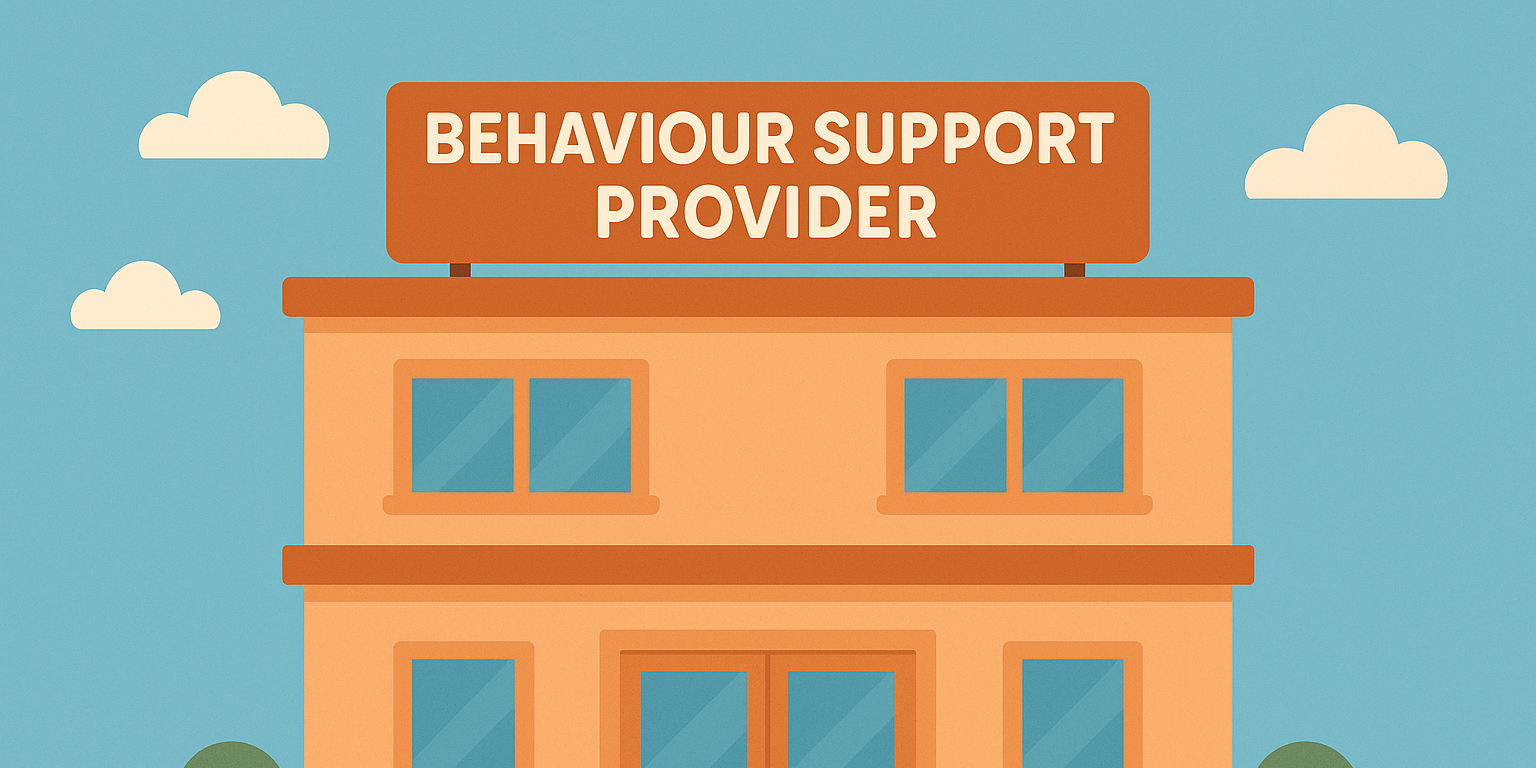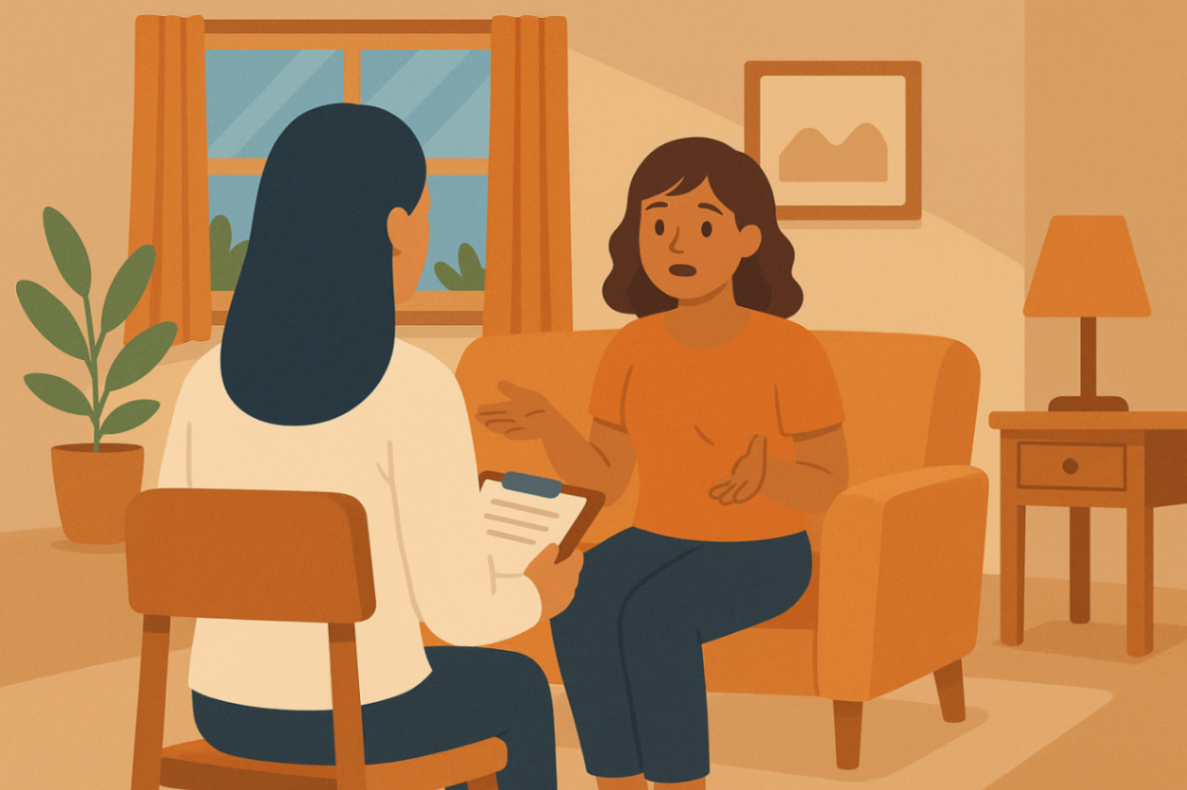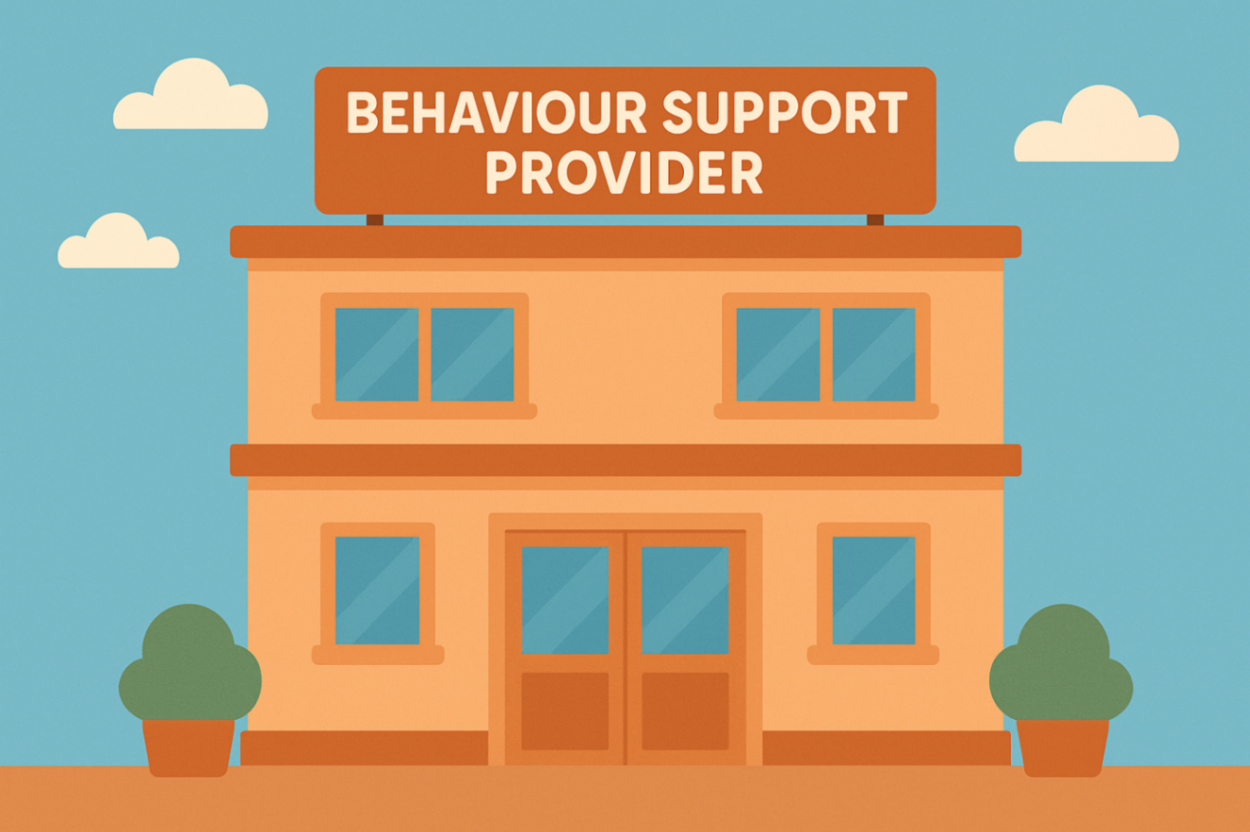
behaviour support provider in liverpool
8 July, 2025
Latest update: November 20, 2025
Behaviour Support Provider in Liverpool: NDIS Guide
When challenging behaviours start impacting your child’s daily life, you need a behaviour support provider you can trust. At daar, our registered behaviour practitioners serve children and families across Liverpool, offering in-home behaviour therapy Liverpool, clinic-based sessions, school visits and telehealth. This guide explains how NDIS-funded behaviour support works, how to select the right provider and how to ensure therapy is delivered consistently across home, school and community.
Key Highlights
-
A behaviour support provider is an organisation that delivers NDIS behaviour therapy using trained professionals. These providers create positive, evidence-based behaviour support plans to reduce behaviours of concern and improve your child’s quality of life.
-
Access evidence-based care like Applied Behaviour Analysis to develop specific skills and behaviours effectively.
-
Experienced and Registered Behaviour Analysts ensure high-quality clinical supervision and continuity of care.
-
Clients benefit from personalised care plans, fostering progress and achieving unique developmental goals.
-
Behaviour therapy in Liverpool is available in varied settings, including family homes and community spaces.
-
Support includes coaching caregivers and maintaining collaborative family involvement to amplify therapy outcomes.
What Is a Behaviour Support Provider?
A behaviour support provider is an NDIS-registered organisation that delivers Positive Behaviour Support (PBS) to children and adults. These providers employ qualified behaviour support practitioners who assess behaviours of concern and create personalised, evidence-based support plans.
In Liverpool and other NSW suburbs, behaviour support providers often offer:
-
Functional Behaviour Assessments (FBA)
-
Behaviour support planning
-
Parent coaching
-
In-home, school, and clinic-based sessions
Many providers begin with an FBA to understand the reasons behind behaviours. Learn more about Functional Behaviour Assessments here.
Choosing a Behaviour Support Provider in Liverpool
When your child’s behaviour starts to impact daily life — at home, in school or out in the community — choosing the right behaviour support provider becomes crucial. In Liverpool and surrounding suburbs, the demand for NDIS-funded Positive Behaviour Support (PBS) has grown significantly in 2025. A high-quality provider will be NDIS-registered, deliver family-involved, evidence-based plans and integrate therapy across all environments your child engages in.
Key attributes to look for in 2025:
-
A provider with registered Behaviour Support Practitioners (BSPs) and experience working with children (0-18) under the NDIS.
-
Services delivered in-home, in-school, in-clinic and via telehealth, to reflect real-life settings.
-
Regular data collection, goal tracking and adaptation of support plans as your child develops.
-
Family and allied health (speech, OT, psychology) collaboration embedded in service delivery.
-
A clear link between your NDIS plan goals and the provider’s strategy — ensuring every session counts towards outcomes.
Understanding NDIS Behaviour Support in Liverpool
The National Disability Insurance Agency (NDIA) funds behaviour support for children when behaviours of concern affect their ability to participate safely in daily life. As an NDIS behaviour support provider in Liverpool, daar helps families understand which plan categories apply, how funding aligns with services and where in-home behaviour therapy fits in—especially helpful for children who learn best in their familiar home environment.
How NDIS Behaviour Support for children Works in Liverpool
For many families, behaviour support starts with an NDIS behaviour therapy plan. Children may be eligible for these supports if they experience emotional regulation issues, social challenges, or unsafe behaviours at home or school. Providers work closely with parents and educators to build consistent, achievable goals for your child.
Behaviour support services help children and young people who have behaviours of concern — behaviours that limit participation in daily life, school or community. A provider will complete a Functional Behaviour Assessment (FBA) and then create a Behaviour Support Plan (BSP). These supports are funded under the NDIS when they are “reasonable and necessary”.
At daar, we offer NDIS behaviour therapy in Liverpool tailored for children with autism, ADHD, and other developmental needs. If you're wondering whether therapy is the right step, read the early signs that your child may benefit from support.
Key Qualities to Look for in a PBS Provider

When you look for a Positive Behaviour Support provider, it is important to pick people who have a registered behaviour analyst certification. This will help to make sure their therapy uses ideas that work. The right behaviour analyst will also watch over your child’s progress for strong continuity of care. Providers should make personalised plans, so the support will be just for your child and match the individual’s needs. Every person may need a different plan for how they grow and what goals they have.
It is also good when different people work together. You should choose a provider who wants the family to be involved in planning the behaviour support. They need to give you regular updates and talk with you to keep you in the loop on your child’s progress. It helps to have a provider who gives steady support and guidance. This will make it easy for you to help your child stick with good behaviour over time.
Some providers offer combined approaches like CBT or ABA. Here’s how they compare.
Questions to Ask Before Choosing a Behaviour Support Provider
To make the right choices about your child’s care, you need to ask questions about the quality of the service. Here are some things for you to think about:
-
Does the provider take new referrals, and are they NDIS-accredited for behaviour support services?
-
Does the therapy help with mental health challenges and your child’s unique needs?
-
What support will caregivers get while therapy is going on?
-
Are behaviour support plans made for each person’s goals, and do they change as people make progress?
-
Can you get these services at home, or at places in the community, like adult day programs?
If you spend some time looking at these things, you will be more likely to pick a provider that is a good fit for your family’s needs and what is most important to you.
PBS Providers vs Independent Practitioners: What's the Difference?
Understanding the distinction between PBS providers and independent practitioners ensures clarity in care options. Providers generally offer comprehensive services through a structured approach, employing registered behaviour analysts within community agencies or organisations. They focus on individualised behaviour plans and cater to developmental disabilities across broader settings like adult day programs, family homes, and healthcare facilities.
Independent practitioners, however, often operate solo, focusing on specific clients’ care according to limited resources. Below is a detailed comparison:
|
Aspect |
PBS Providers |
Independent Practitioners |
|---|---|---|
|
Service Scope |
Comprehensive with varied therapy options |
Narrow focus on individual cases |
|
Collaborative Framework |
Multi-disciplinary teams in community agencies |
Individual expertise without team involvement |
|
Accessibility |
Available in diverse settings including local centers |
Usually restricted to limited locations |
|
Clinical Supervision |
Regular oversight by Registered Behaviour Analysts |
May lack structured supervision processes |
Not sure if your child needs counselling or behaviour therapy? Here’s how to tell the difference.
Benefits of Choosing a Local PBS Provider
 Choosing behaviour therapy in Liverpool with local PBS providers makes it easy to get the care you need. Many of these providers work right in family homes. This helps children and caregivers receive help in a place they know. By knowing the people and ways of the community, local providers can meet the needs of that area better.
Choosing behaviour therapy in Liverpool with local PBS providers makes it easy to get the care you need. Many of these providers work right in family homes. This helps children and caregivers receive help in a place they know. By knowing the people and ways of the community, local providers can meet the needs of that area better.
Liverpool families benefit from working with providers who understand the local NDIS landscape. Look for services that offer:
-
Local clinic access for consistent face-to-face support
-
Mobile therapy in Casula, Prestons, Moorebank, Lurnea, and nearby areas
-
Collaboration with local schools and therapists
-
Experience with challenging behaviours in autism and developmental conditions
Key Qualities to Look for in Your Provider
-
Registration & Accreditation: Ensure the provider is NDIS-registered and that the behaviour support practitioner is qualified (e.g., meets the PBS Capability Framework).
-
Local Experience: Choose a provider with experience in your region — they’ll know local schools, community services, cultural needs and transport issues.
-
Flexible Delivery Options: Mobile/home-based services are critical in busy family lives — look out for providers who offer clinic, in-home, telehealth.
-
Family-Centred Approach: The provider should coach you, the parents/carers, to embed strategies across all settings rather than just delivering direct therapy.
-
Clear Goals + Progress Tracking: Sessions should tie back to your child’s NDIS goals, with measurable outcomes. Ask how they track and report data.
-
Collaborative Team: Behaviour support often works best when linked with speech, OT, psychology — ask about allied health collaboration.
Next Steps for NDIS Parents
If your child has NDIS funding under "Improved Daily Living" or "CB Daily Activities", you can typically access behaviour support services. A good provider will help you:
-
Understand your funding
-
Book an intake session
-
Complete an FBA (Functional Behaviour Assessment)
-
Build and implement a PBS plan
-
Receive ongoing review and support
At daar, we support families across Liverpool and surrounding suburbs with in-home, in-clinic, and community-based PBS services. Need help understanding how to use your plan? Here’s a simple guide to accessing behaviour support through the NDIS.
How daar Supports Families Across Liverpool
At daar, our NDIS-registered behaviour support team works with children & teens aged 0-18 across Liverpool, Casula, Moorebank, Prestons, Wattle Grove, Ashcroft and surrounding South-West Sydney suburbs.
Our services include:
-
Functional Behaviour Assessments (FBA)
-
Behaviour Support Plans (BSP) – interim & comprehensive
-
Home, school, clinic and community-based therapy
-
Parent/carer coaching
-
Allied health collaboration (speech, OT, psychology)
We are committed to measurable progress, flexible delivery to suit busy family lives, local school-knowledge and evidence-based practice.
How daar Supports Families Across Liverpool
At daar, our NDIS-registered behaviour support team works with children & teens aged 0-18 across Liverpool, Casula, Moorebank, Prestons, Wattle Grove, Ashcroft and surrounding South-West Sydney suburbs.
Our services include:
-
Behaviour Support Plans (BSP) – interim & comprehensive
- Allied health collaboration (speech, psychology)
We are committed to measurable progress, flexible delivery to suit busy family lives, local school-knowledge and evidence-based practice.
Choosing a behaviour support provider is one of the most important decisions you’ll make for your child’s development. Look for a NDIS registered provider with experience supporting children, flexible service options, and a collaborative, family-centred approach.
We support families across Liverpool, Casula, Prestons, Moorebank, and nearby suburbs.
Ready to get started? We’re here to help, book a consultation now.
Frequently Asked Questions
Can the NDIS commission provide advice about positive behaviour support?
Yes, the NDIS commission can help with tips and advice on positive behaviour support. They support you as you work through care plans and can guide you if you need referrals for behaviour support services under the ndis program. You can visit their official channels to ask about this service.
What is a Positive Behaviour Support (PBS) provider under the NDIS?
A Positive Behaviour Support (PBS) provider with the NDIS helps create ways to make life better for people with disabilities. They look at the reasons behind behaviour. They also teach new skills and help people have good and positive moments with others. The aim is to make sure people are in a space that supports them and helps them feel well.
How do I know if a PBS provider is NDIS-registered in Liverpool?
To check if a behaviour analyst is registered, look at the Registered Behaviour Analyst certification. You can also ask if they have an NDIS connection when you talk with them. Most providers who work in Liverpool put their behaviour qualifications and details about how to get a referral out in the open. This can help you see who is a good fit.
What should I look for when choosing a behaviour support provider for my child?
Choose a provider that is NDIS-registered, has experience supporting children with developmental challenges, and involves families in planning. Look for personalised support plans, regular progress updates, and the ability to deliver therapy in home, school, and community settings.
Is in-home behaviour therapy available in Liverpool under the NDIS?
Yes, you can get in-home behaviour therapy in Liverpool through the NDIS. The NDIS gives people support with their behaviour by bringing in trained experts. These experts help people learn new ways to do things, take care of their behaviour, and become more independent at home. To find out what support is there, talk to local NDIS providers about their behaviour therapy and what options they have.
.svg)


















